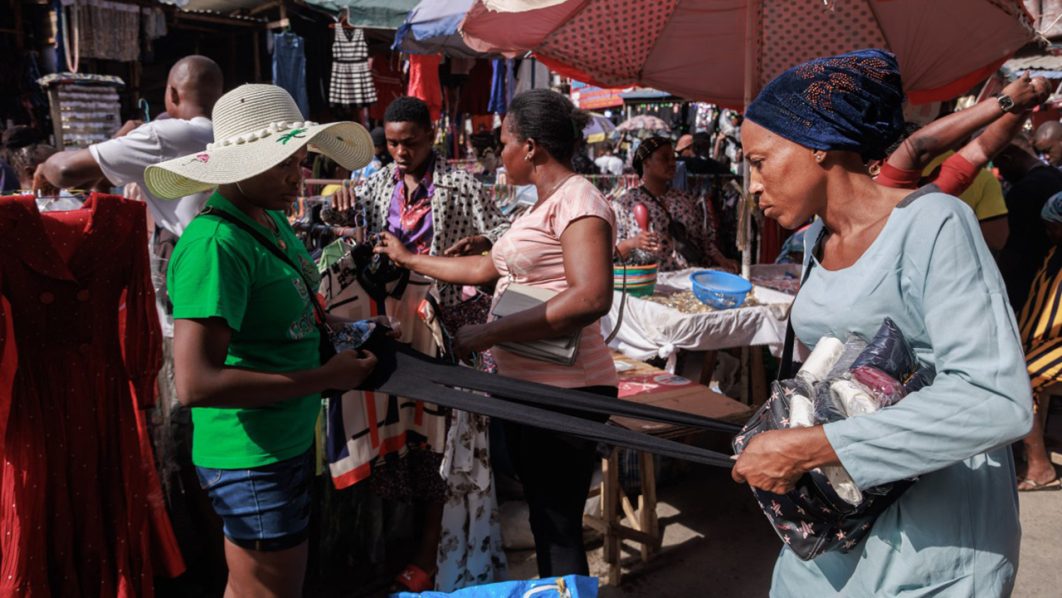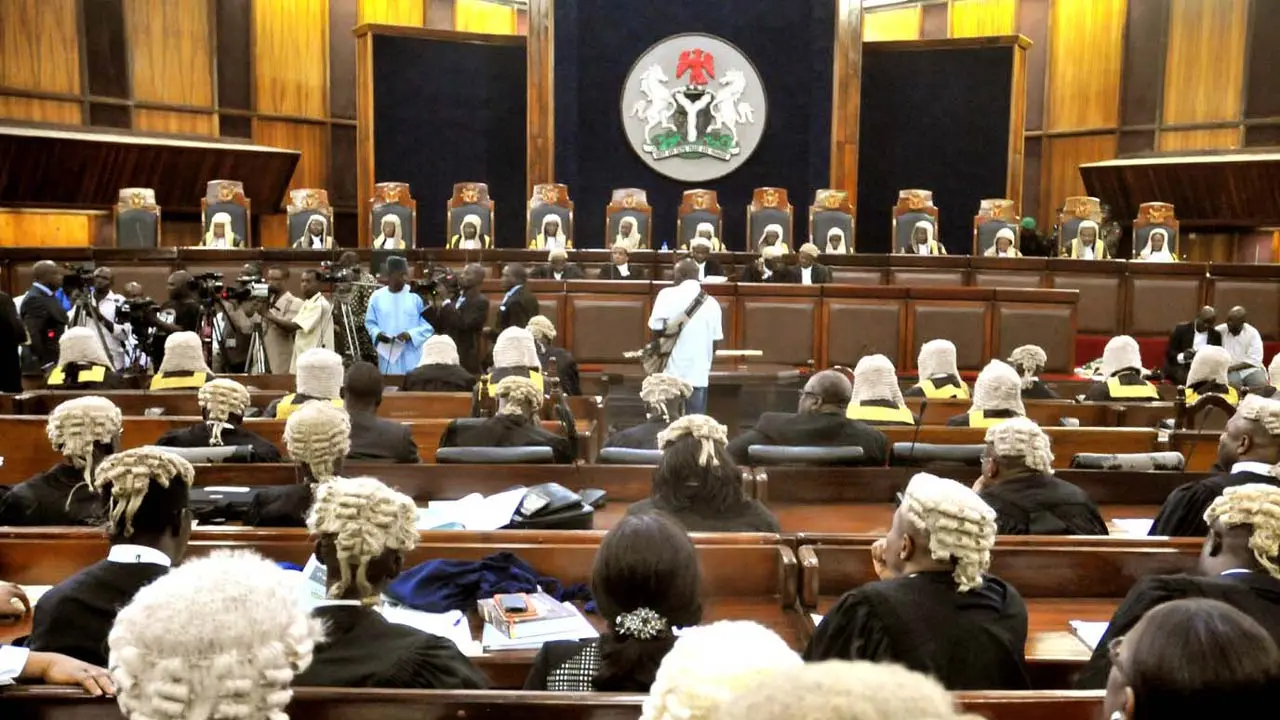
Supporting renewable energy adoption is another essential medium-term strategy. Morocco’s investment in solar energy through the Noor Ouarzazate Solar Complex created jobs and lowered energy costs. Nigeria can incentivize renewable energy solutions—such as solar panels in rural areas—to reduce reliance on expensive fossil fuels. Indeed, Nigeria has massive potential for solar energy nationwide and wind energy in the North-West and North-East is crucial. Sub-national governments should start building medium to large solar and wind farms for power generation. New legislation allows every state to generate and sell power.
Food price stabilisation funds can provide a buffer during periods of price volatility. Indonesia’s State Logistics Agency (Bulog) stabilises rice prices by managing reserves and offering subsidies. Nigeria could establish a similar fund for key staples to cushion against market fluctuations.
To address housing costs, developing affordable housing programmes is vital. Singapore’s Housing and Development Board provides affordable homes for over 80 per cent of its population. Nigeria could partner with private developers to build affordable housing units and offer mortgage subsidies to middle- and low-income families.
Finally, strengthening social safety nets through expanded welfare programmes, such as unemployment benefits and health insurance, will protect vulnerable citizens from economic shocks. Chile’s Solidarity and Social Investment Fund offers a model of comprehensive social support that Nigeria can emulate to enhance the well-being of its population.
Long-Term Strategies: Building a sustainable, inclusive economy
For long-term stability, Nigeria must focus on diversifying the economy. The UAE’s success in reducing its reliance on oil by investing in tourism, aviation, and finance offers a blueprint for Nigeria. Developing sectors such as technology, manufacturing, security and agriculture will reduce economic vulnerability and provide sustainable employment opportunities.
Investing in education and skill development is essential for creating a skilled workforce capable of thriving in a modern economy. South Korea’s emphasis on education and skills training propelled its economic growth and technological leadership. Nigeria should prioritise educational reform, focusing on vocational training and digital skills to prepare its youth for the future.
Promoting industrialisation will further enhance domestic production and reduce dependency on imports. China’s focus on manufacturing has transformed it into the “world’s factory,” creating millions of jobs and making goods more affordable. Nigeria can adopt a similar approach by fostering manufacturing hubs and offering incentives to investors.
Advancing agricultural technology is another long-term strategy that will increase productivity and food security. The Netherlands’ leadership in agricultural innovation enabled it to become the world’s second-largest exporter of agricultural products. Nigeria should invest in research and technology to enhance farming practices and boost yields.
Expanding renewable energy infrastructure is critical for reducing energy costs and environmental impact. Denmark’s investment in wind energy, which now supplies nearly half of the country’s electricity, is a testament to the potential of renewable energy. Nigeria can pursue large-scale renewable projects to diversify its energy sources.
Building comprehensive social welfare systems will ensure that citizens are protected from future economic downturns. Sweden’s extensive welfare programmes have contributed to low poverty rates and a high standard of living. Nigeria should develop robust systems of healthcare, education, and unemployment insurance to support its citizens.
Strengthening economic governance and anti-corruption measures is essential to attract foreign investment and ensure efficient resource allocation. Botswana’s anti-corruption efforts have resulted in sustained economic growth and investor confidence. Nigeria must prioritise governance reforms to build a transparent and efficient economy.
Funding the solutions: Realistic, implementable approaches
Funding these initiatives requires innovative strategies. Nigeria can explore public-private partnerships (PPPs) to fund infrastructure projects, replicating the success of India’s PPP model for highways. Tax reform—including better collection of existing taxes—can improve government revenues, as seen in Rwanda’s efforts to digitise tax collection. The Federal Government’s tax reform committee’s recommendations should be thoroughly reviewed and implemented accordingly.
Nigeria could also issue more diaspora bonds to leverage contributions from Nigerians abroad, following Ethiopia’s successful use of such bonds to fund infrastructure projects. Debt restructuring and relief negotiations with international creditors, similar to Argentina’s approach, will free up funds for domestic priorities. More funding initiatives like Sukuk bonds for road construction, successfully utilised by the previous Ministry of Works, should be explored.
The government can increase revenue through state asset privatisation, as seen in Saudi Arabia’s partial privatisation of Saudi Aramco. Carbon credits and environmental levies offer another source of revenue, with countries like Canada generating income from carbon taxes. However, we must assess whether we have viable assets left to sell off, aside from the refineries and federal government owned real estate.
Furthermore, Nigeria should strengthen foreign direct investment (FDI) frameworks, following Singapore’s model of attracting investors through incentives and policy stability. Remittance facilitation can also enhance foreign exchange reserves, as the Philippines has done by encouraging overseas workers to remit funds.
Conclusion: A sustainable future for Nigeria
While the reduction of the payment of subsidies and the flotation of the Naira have presented challenges, they also offer an opportunity for Nigeria to embark on meaningful economic reforms. By empowering leaders through strategic capacity development and cultivating the right mindset toward sustainable growth, Nigeria can effectively implement these short, medium, and long-term strategies. Examples from around the world highlight the transformative impact of visionary leadership and strategic planning.
By adopting these strategies, Nigeria can reduce the cost of living, create more employment, improve national security, build a resilient economy, and improve the well-being of its citizens. Strategic funding mechanisms will ensure these initiatives are realistic and sustainable. With political will, effective implementation, and empowered leadership, Nigeria can emerge stronger, charting a path toward inclusive and sustainable growth.
Concluded.
Dr Abubakre is the founder of TEXEM and Senior Lecturer at Sheffield Business School and Advisory Board Member of the London Business School Africa Society.






